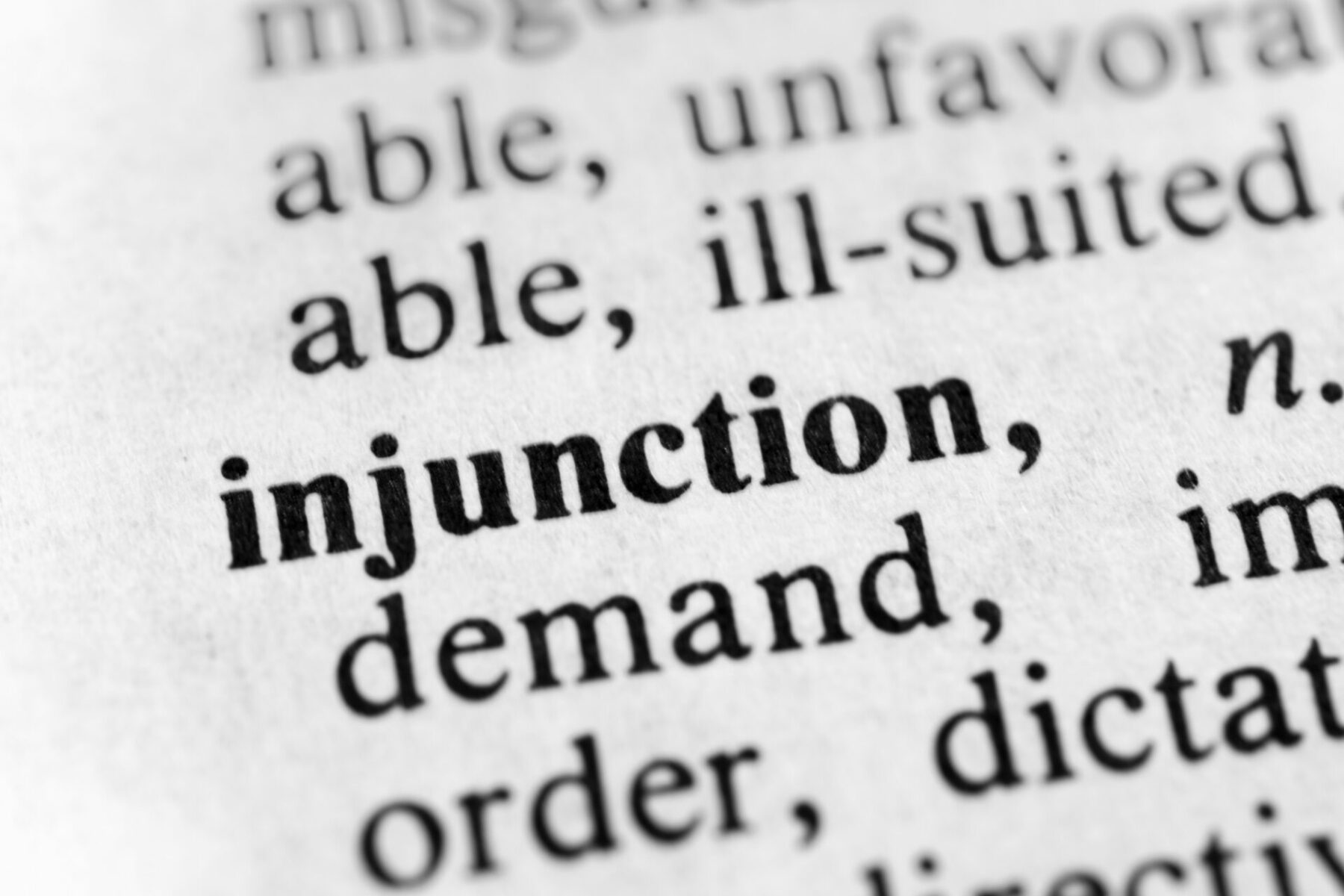
What do they do?
It is an injunction which prevents a defendant from dealing with particular assets over which the claimant asserts a proprietary right pending trial.
Is a proprietary freezing injunction different to a freezing injunction?
Yes. A freezing injunction prevents a defendant from dealing with his own assets. A proprietary freezing injunction prevents a defendant from dealing with the claimant’s assets in his possession.
It is fairly common for both injunctions and / or a tracing claim to be applied for at the same time.
What jurisdiction does the court have to make a proprietary freezing injunction?
Firstly, the claimant needs to have a proprietary claim.
Power to grant such an injunction is derived from its equitable jurisdiction and enshrined in s.37(1) of the Senior Courts Act 1981.
What amounts to property?
National Provincial Bank Ltd v Ainsworth [1965] 2 All ER 472:
‘Before a right or an interest can be admitted into the category of property, or of a right affecting property, it must be definable, identifiable by third parties, capable in its nature of assumption by third parties, and have some degree of permanence or stability.’
Vorotyntseva v Money-4 Ltd [2018] EWHC 2596 (Ch) and AA v Persons Unknown [2020] 4 WLR 35 made clear that the courts will recognise cryptocurrencies, such as Bitcoin and Ethereum, as being capable of being subject to the proprietary injunction.
What test applies to proprietary freezing injunctions?
American Cyanamid applies:
- Is there a serious issue to be tried?
- Would damages be an adequate remedy?
- The balance of convenience
- Is it just and convenient to grant the injunction?
A proprietary freezing injunction is considered to be less intrusive than a freezing injunction and therefore the courts are generally more willing to grant them and less willing to discharge them.
Does the client need to show a real risk of dissipation of assets?
No.
How do you apply for one?
The application is subject to the same procedure as a normal interim injunction.
The application is supported by a witness statement, not an affidavit.
Drafting tips
The terms must be clear and unambiguous because a breach can result in contempt of court. It should not be necessary for the defendant to make enquiries as to the wording.
Standard form of a (non-proprietary) freezing injunction should be the starting point (CPR PD25A – Annex A).
Does the court allow for the defendant’s living and legal expenses?
As the starting point is that the assets to be preserved belong, at least arguably, to the claimant, there is no presumption that the defendant should be allowed to have access to those assets in order to fund their living and/or legal expenses.
If a proprietary injunction is granted and the defendant wishes to utilise the restrained assets for their own purposes, they will need to make an application to vary the injunction. The three-stage test for this can be found in Skatteforvaltningen v Barac [2020] EWHC 377 (Comm) at para [20].
